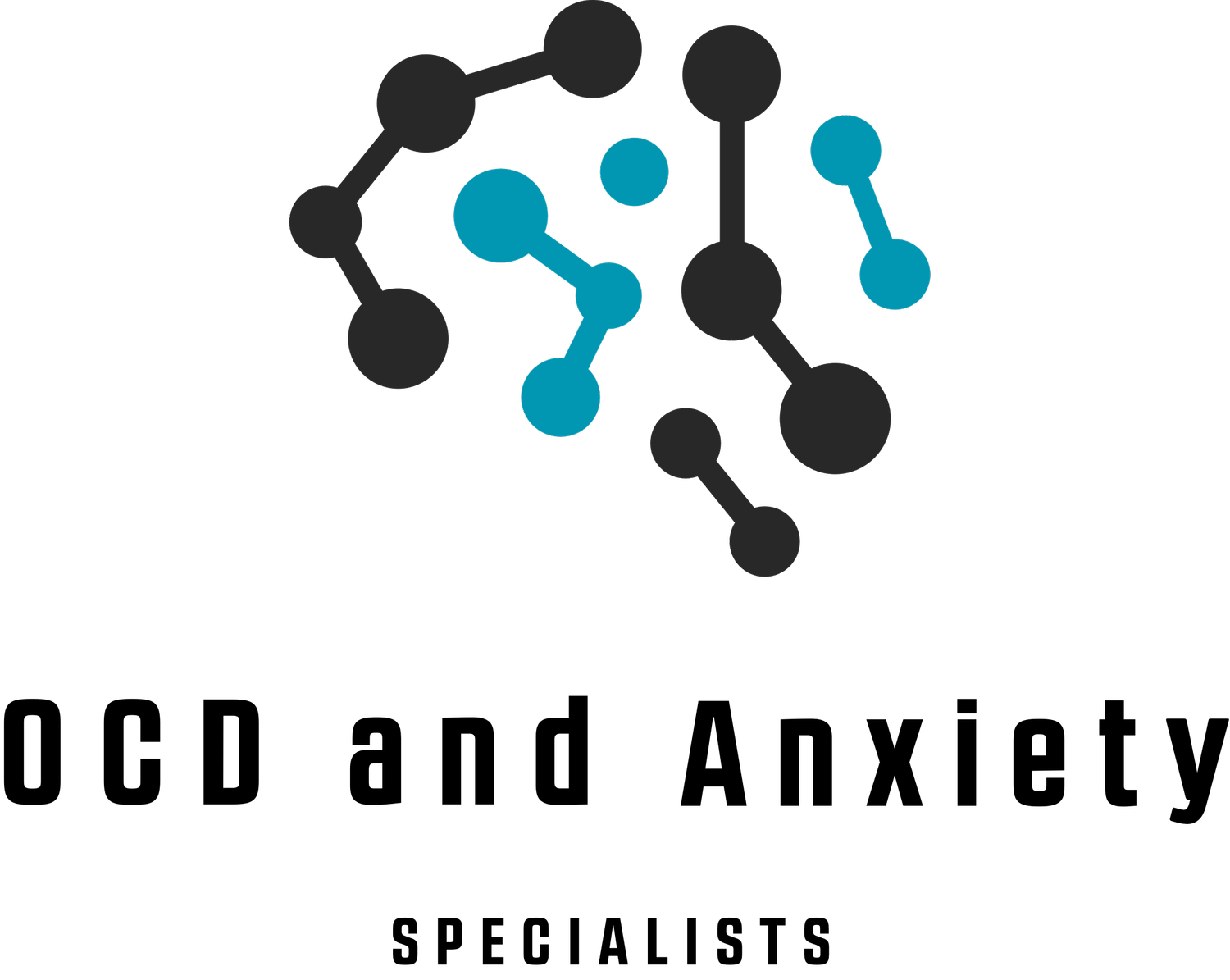What is OCD?
Obsessive Compulsive Disorder (OCD) is a broken alarm system that can sound both frequently and intensely. Those with OCD frequently experience thoughts or feelings that something in their lives needs attending to and that ignoring the target of their obsessive thoughts may lead to a terrible result.
Even though one may rationally know that the alarm is nonsensical, the challenge is that it can feel so real. Because it can be confused as a legitimate threat, folks with OCD try to gain certainty about their feared situation through a number of different ways, namely obsessions and compulsions.
Obsessions
Naturally, someone with OCD experiences an urge to deal with this supposed threat. While the “threat” varies from person to person, a person with OCD has difficulty tolerating the uncertainty that this threat will manifest, and therefore obsessively worries about this topic. They find their topic very hard to let go of, and often experience rapid thoughts paired with this “in danger” feeling that the thoughts need to be responded to.
Compulsions
In addition to constantly attending to this topic, a person with OCD also try to get rid of the uncertainty by engaging in what are called “compulsions”. A compulsion is any action or thought that is done intentionally to try to figure out or fix the threat that the broken alarm system is warning about. Common examples include googling, asking others for reassurance, reviewing information in one’s mind, or physically checking something that could potentially be “wrong” or “off”.
Is it Working?
The problem is this “solution” not only doesn’t work but instead makes things worse! Like paying attention to a child throwing a temper tantrum, the more one pays attention to or tries to fix the “problem”, the worse the experience gets and the more likely it is to repeat (if that metaphor doesn’t work for you, think of scratching a mosquito bite or pouring gasoline on fire. I’ve got a million more).
By responding to this broken alarm, the brain gets that signal that the alarm was useful and should be sent again. Therefore, therapy for OCD centers around learning how to abstain from reinforcing that signal so that it has less control over our lives.

